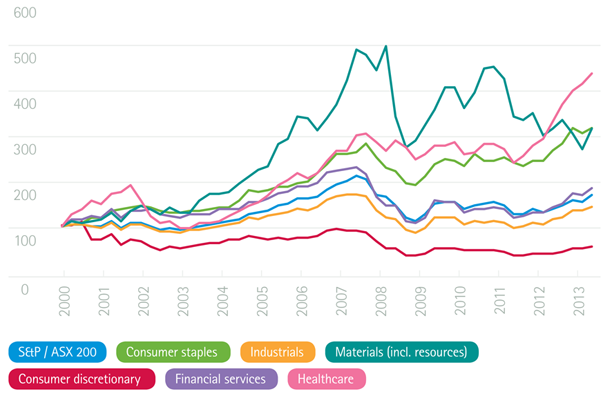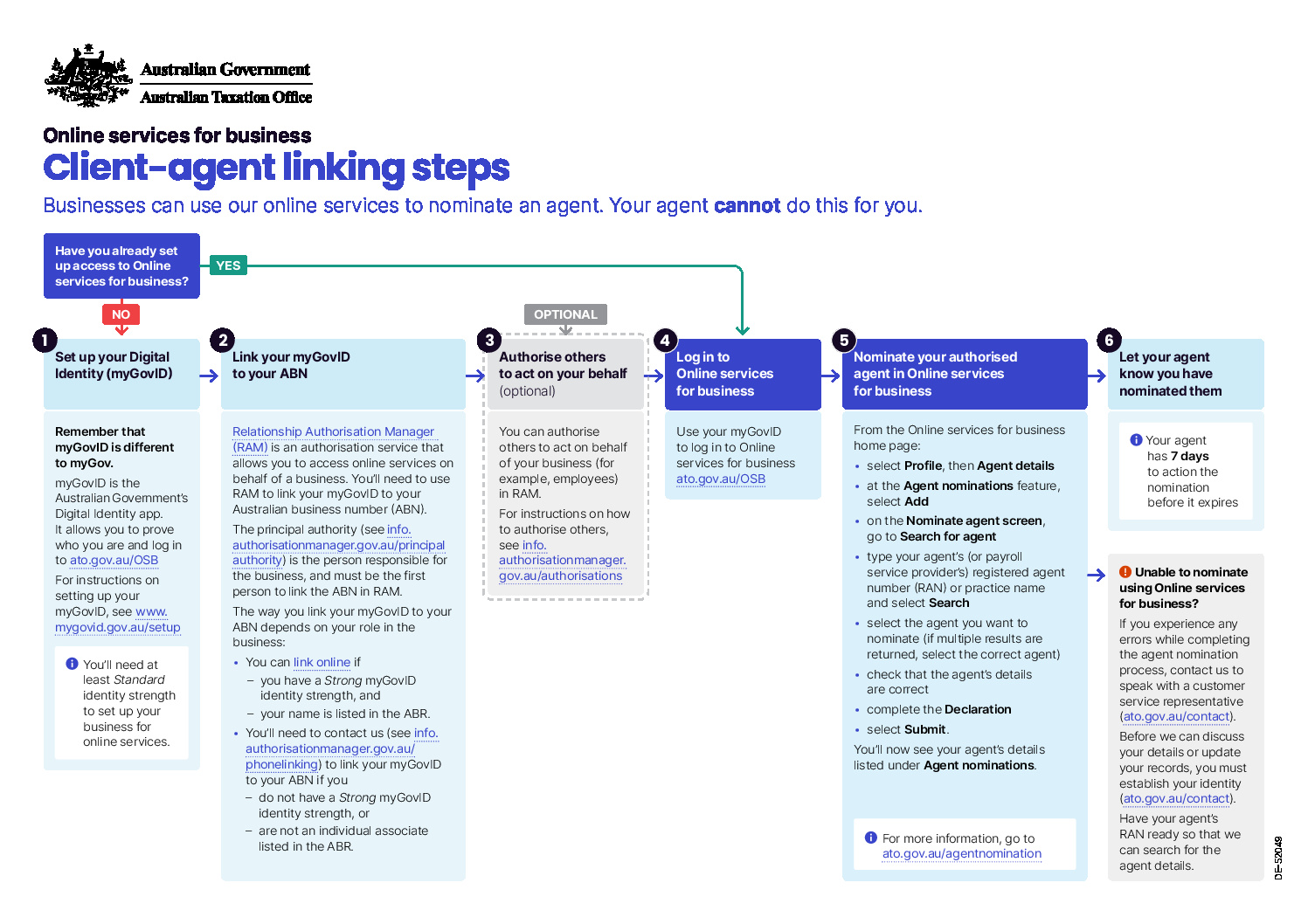It is one of the most important principles of investing and the chances are, you have heard it before “ensure you build a diversified portfolio” or “don’t put all your eggs in one basket”. However, most novice investors don’t really understand why diversification is so important to their investment strategy.
Here, we’ll take you through the fundamentals of diversification and a little look into the value it provides.
Firstly, how does diversification work?
Having a diversified portfolio doesn’t mean you are guaranteed to be protected against losses or guaranteed to have gains. It simply means you have a strategy in place to effectively manage the risk and reward trade off to help you achieve consistency in your returns over time.
For many reasons, the markets for different asset classes peak at different times and they don’t particularly move in exactly the same way. Different asset classes react differently to what’s happening in the economy and world around us. While one market can experience a surge, another can be on a downhill run.
To manage this risk, financial experts believe you should spread your funds across several markets. This may potentially offset any losses from a market downturn in one asset, by gains from another market that is performing better at that time. Spreading your funds across a number of different investment types means you will be well diversified and have limited your exposure to any single asset. In turn, your overall returns will be less volatile.
What constitutes as a diverse portfolio?
To diversify your portfolio, you need to invest across different asset classes. This should include a mix of growth assets and defensive assets:
Growth Assets
Investments that have a higher risk and reward – include investments that generally provide longer term capital gains such as shares or property.
Defensive Assets
Investments that have a lower risk and reward – include investments such as cash or fixed interest.
More characteristics of a diversified portfolio are:
- Investments are across different asset classes such as cash, property, fixed interest, Australian and international shares.
- Different types of investments are within asset classes. For example, having shares across different industry sectors.
- Investments are across different fund managers. Applicable if investing in managed funds.
EXAMPLE: Diversification inside a particular asset class
Just to show you as an example, the below graph shows how different sectors of the Australian share market have performed over time. You can see that some sectors are more volatile than others.
Sectors of the Australian Sharemarket
Source: Australian Securities Exchange and Thomson Reuters 2013
The benefits of diversification
There are three main benefits to having a diversified portfolio:
Minimising risk of loss
As explained above, diversified portfolios have less risk than concentrated portfolios. If one investment performs poorly over a certain period, other investments may perform better over that same period. This reduces the potential losses of your investment portfolio.
Generating returns
We all know that sometimes investments don’t perform the way we expected them to. So, by diversifying your portfolio, you’re not merely relying upon one source for income. It also allows you to add riskier types of investments to your portfolio without increasing your overall risk levels.
Preserving capital
Some investors are not in the accumulation phase of life and are closer to retirement. These investors have a different set of investment goals which are oriented towards preservation of capital vs driving returns. Diversification can help protect their savings by reducing the overall risk in their portfolio.
Creating a portfolio for you
As you can see above, diversifying your portfolio can be beneficial but complicated. It depends on a host of factors including your appetite for risk, investment objectives, time frame and available capital. It requires a strong knowledge of the various asset classes, markets and sectors to ensure it is executed effectively.
To get the best results and create a portfolio suited to your particular needs and circumstances, it might be wise to talk to one of our financial planners.














